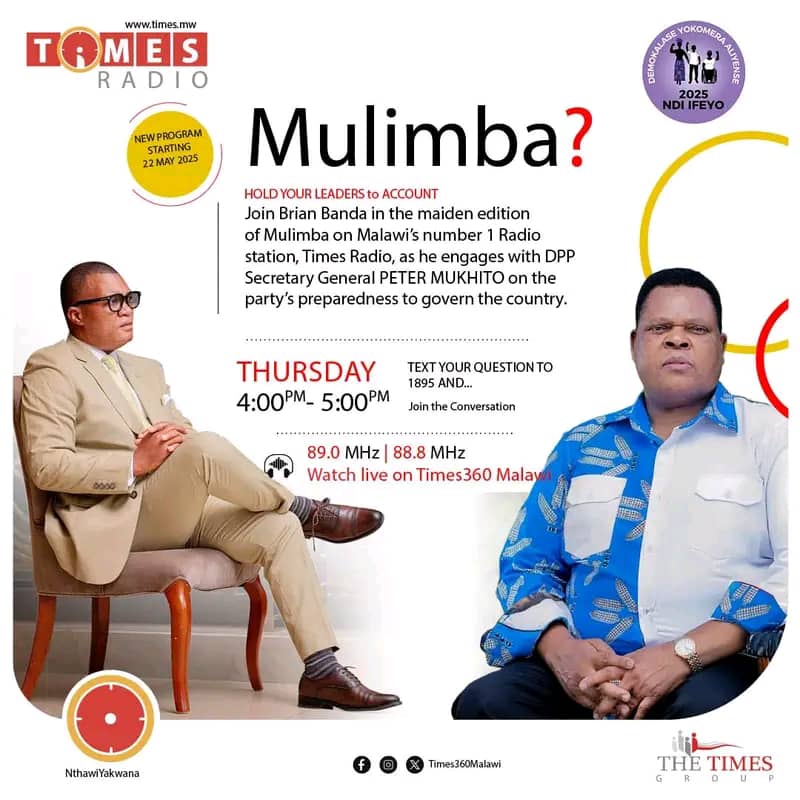By Burnett Munthali
With just 13 days until the U.S. presidential election, the race between Donald Trump and Kamala Harris remains tightly contested. Both candidates are employing contrasting strategies to sway undecided voters in battleground states like Pennsylvania. Harris is set to participate in a town hall in Philadelphia, aiming to make a final appeal to voters, while Trump continues to hold rallies in key states, including Georgia. Harris, positioning herself as a defender of democracy, is highlighting Trump’s dangerous rhetoric, including his alleged praise of Hitler, while Trump dismisses these claims as desperate attacks from an unstable opponent.
A series of Republican-linked ads have ignited tensions among voters by targeting Harris’s stance on Israel. The ads seek to fracture support among key demographics, telling Arab Americans that Harris supports Israel while suggesting to Jewish voters that she backs Palestine. This calculated approach is designed to exploit the sensitive issue of Israel-Palestine relations, potentially alienating undecided voters in Michigan and Pennsylvania.
Former President Trump faces continued accusations of attempting to interfere with the 2020 election results, a charge that remains central to Harris’s campaign. These accusations, including efforts to pressure officials in Georgia, continue to dog Trump, but his base appears unfazed, particularly among Cuban Americans in Florida, where his support has surged to record levels.
Trump has revived discussion about using an obscure 1798 law to justify mass deportations if he wins a second term. This law, the Alien and Sedition Acts, was used historically to target immigrants deemed dangerous, and Trump’s camp suggests it could be resurrected to combat illegal immigration. Critics argue this would be a drastic overreach of executive power, a move that underscores Trump’s ambitions for stricter immigration control, despite potential legal and ethical challenges.
Trump has adopted a strategically ambiguous stance on abortion, avoiding definitive statements to avoid alienating moderate voters while still catering to his conservative base. His approach contrasts with Harris’s unequivocal support for reproductive rights, which has become a cornerstone of her campaign. Trump’s ambiguity allows him to sidestep the deeply polarizing nature of the issue while keeping his options open for appealing to swing voters.
As election day nears, neither candidate has a decisive lead. Harris is leaning on the support of progressive voters and attempting to sway undecided moderates by casting Trump as dangerous and erratic. Meanwhile, Trump’s rallies in battleground states, such as Georgia, energize his base. Polls show that Pennsylvania, a key battleground, remains deeply divided, with a large portion of voters still undecided. Both campaigns are investing heavily in these final days, setting the stage for a tense and closely contested election.




